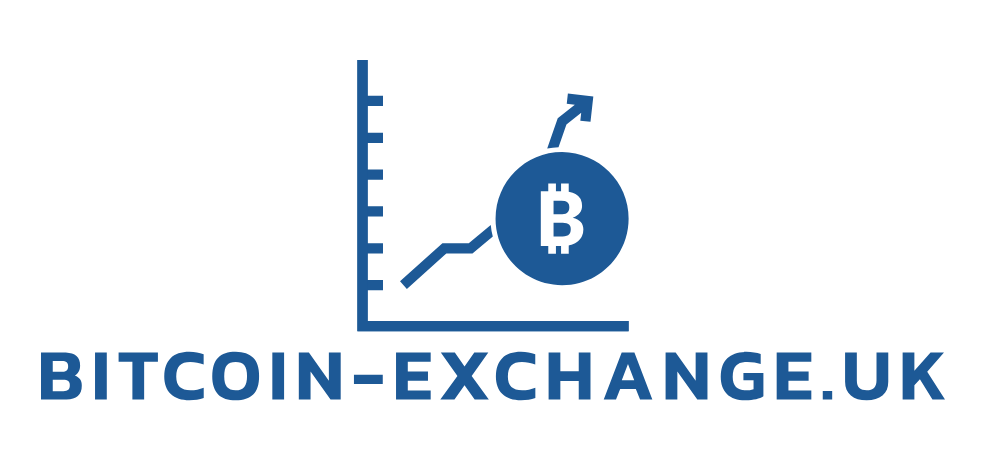Ripple vs SEC court case

Table of Contents
ToggleSEC vs Ripple
There is one court case in the world of cryptocurrencies that is attracting the attention of investors, enthusiasts and regulators. This clash between Ripple and the Securities and Exchange Commission (SEC) is playing a key role in determining the future of cryptocurrencies. At the centre of the dispute is the classification of XRP – is it a cryptocurrency or a security? Not only does the fate of Ripple depend on the ruling in this case, but also the implications for the cryptocurrency industry as a whole. Legal experts are keeping an eye on developments as the court’s decision could write a new chapter in the regulation of cryptocurrencies in the US and globally. In this article, we take an in-depth look at the Ripple vs SEC case, analysing the arguments of both sides, media reports and the possible implications for the cryptocurrency industry.
Ripple and the SEC - what is worth knowing about these organisations?
In December 2020, the SEC filed a lawsuit against Ripple, claiming that the XRP tokens issued by the company were illegal securities. According to the SEC, Ripple violated federal regulations by failing to register its XRP issuance as a public offering and by failing to provide adequate information to investors. However, before we give you an overview of the current situation related to the Ripple vs SEC court skirmish, we will describe the two organisations to you.
This name is often confused or interchangeable with the name of the cryptocurrency XRP. Ripple is a technology company founded in 2012 that has developed a blockchain-based payment system. Its main product is the RippleNet protocol and a cryptocurrency called XRP.
RippleNet: It is a global payment network that enables the secure and instant transfer of money between different currencies around the world. RippleNet runs on blockchain technology and is used by banks, payment providers and other financial market participants to transfer funds efficiently.
XRP: XRP is a cryptocurrency developed by Ripple. It is a token that can be used to transfer value quickly and cheaply within the RippleNet network. XRP is different from Bitcoin and most other cryptocurrencies because it is not based on a Proof of Work (PoW) system, but on a consensus mechanism called the ‘Consensus Algorithm’ or ‘Ripple Protocol Consensus Algorithm’. If you want to find out how and where to buy XRP then be sure to read the separate article.
Purpose and philosophy
Ripple aims to revolutionise the traditional payment system, which is often slow, expensive and complex. Through the use of blockchain technology and digital assets, the company aims to facilitate instant transactions between different currencies around the world.
Partnerships and collaborations
Ripple has established numerous strategic partnerships with financial institutions around the world, including banks, payment companies and financial service providers. It also works with various regulators and supervisors to innovate in the financial sector while complying with laws and regulations.

What is the SEC?
The SEC, or Securities and Exchange Commission, is the federal regulatory agency in the United States responsible for overseeing and enforcing capital markets regulations. Here is some information about the SEC:
The SEC was established in 1934 by the Securities Exchange Act. Its main purpose is to protect investors, maintain the integrity and efficiency of the capital markets and facilitate access to information about companies and investment products. Its key functions and responsibilities:
- Supervision of capital markets: The SEC regulates and supervises various segments of the capital markets, including securities exchanges, brokerage, mutual funds, investment consultants and other market participants and entities.
- Registration and reporting: the SEC requires public companies and other entities registered with the exchanges to conduct adequate financial reporting, including the filing of annual reports (10-K), quarterly reports (10-Q) and highlights (8-K). The goal is to provide investors with reliable and timely information about companies’ activities.
- Enforcement: The SEC has the power to prosecute and punish individuals or companies that violate securities laws. It can initiate investigations, file civil lawsuits and impose sanctions such as financial fines or operating bans.
Regulation of ICOs and cryptocurrencies: In recent years, the SEC has also been looking at the cryptocurrency market and public token offerings (ICOs). The agency issues guidance on the regulation of ICOs and monitors the activities of cryptocurrency companies and projects to protect investors and prevent abuse. - Education and information: the SEC conducts educational activities to increase investor awareness of investment risks, financial fraud and regulatory compliance. It also provides publicly accessible databases, such as EDGAR, where investors can find information about registered companies.
The SEC plays a key role in regulating and protecting the capital markets in the United States. The SEC’s activities are aimed at ensuring the integrity, transparency and efficiency of the markets, as well as protecting investors. The agency works to prevent market manipulation, fraud, abuse and unfair practices.
The SEC also works with other financial regulators and supervisors around the world to share information, harmonise regulations and share a common approach to regulating global capital markets.
It is important that investors, public companies and other market participants understand and comply with the SEC’s rules and requirements to avoid legal sanctions and loss of investor confidence.
If you are interested in finding out more about the SEC, its functions, regulations and activities, I recommend you visit the SEC’s official website or consult a lawyer specialising in securities law and market regulation.

The course of the Ripple vs SEC court case
The case has generated a lot of interest and has important implications for the cryptocurrency industry. Here is some additional information:
SEC lawsuit: In December 2020, the Securities and Exchange Commission (SEC) filed a lawsuit against Ripple Labs Inc, the company responsible for the XRP cryptocurrency, and its two principal officers, Brad Garlinghouse (CEO) and Chris Larsen (co-founder). The SEC accused them of illegally offering to the public and selling unregistered securities, claiming that XRP is a security and not a cryptocurrency.
SEC allegations: the SEC alleges that Ripple and its directors unlawfully failed to register XRP’s public offering as a security. The SEC believes that XRP meets the criteria of a security, such as an investment in money collectively held by a company to generate profits, and that investors did not have adequate access to information about the company.
Ripple’s response: Ripple has consistently denied the SEC’s allegations, stating that XRP is not a security but a cryptocurrency. The company argues that XRP has a separate use and is not linked to shares in the company. Ripple emphasises that the SEC is introducing ambiguity into regulation by not taking a consistent approach to classifying cryptocurrencies.
Case progress: The case is still pending before the court. Since the lawsuit was filed, there have been various claims and legal responses from both parties. The court will examine the evidence, legal arguments and regulatory principles to reach a final decision in the case.
Significant milestones and events of the SEC vs Ripple court case
Responses to lawsuit: Ripple filed its responses to the SEC’s lawsuit, in which the company defended its position that XRP was not a security. Ripple argued that the SEC did not have the authority to classify XRP as a security and that the company acted in accordance with existing regulations.
Experts and legal opinions: During the course of the litigation, there were different opinions from legal experts on the classification of XRP and the assessment of Ripple’s actions. Some experts suggested that the way XRP is distributed and used may be different from traditional securities, undermining the SEC’s argument.
Discussions about precedents: The case has also led to debates about precedents and the impact of the ruling on future regulation of cryptocurrencies. The court’s decision may set guidelines for other cryptocurrency projects and influence regulators’ approach to the classification and oversight of cryptocurrencies.
Mediation and settlements: In some cases, parties in legal disputes choose to mediate or settle before trial. In the Ripple vs SEC case, there were reports of attempts at mediation, although there were no public reports of an agreement between the parties.
Update on the Ripple vs SEC court case
There are many rumours floating around the world about this case. Many cryptocurrency influencers, lawyers are speaking out, and many are playing clairvoyant and trying to predict developments and what the final court ruling will be. Will an independent, US court rule that XRP is a security? It is hard to say unequivocally and the opinions of experts and lawyers are divided. One thing is certain, however, a positive or negative ruling will be strongly precedent-setting and will certainly set the interpretation on the subject for many years to come. If the court does not recognise XRP as a security, this could have a significant impact on the XRP exchange rate and the price increase on the markets. Although even this is by no means certain because, as you are well aware, the cryptocurrency market can be very capricious, volatile and dynamic in both ups and downs. It is certainly worth following this case and being prepared for any eventuality.
The Ripple v SEC ruling could have far-reaching implications for the cryptocurrency industry and regulation in the United States. The outcome of the case could affect the classification of other cryptocurrencies, as well as how cryptocurrency projects must operate to comply with SEC regulations.

For more than 6 years, he has been interested in cryptocurrencies, tokens and blockchain, as well as other modern technologies like artificial intelligence. I have been actively investing for more than 10 years. I have developed hundreds of highly substantive articles and publications for this and many other external portals.



New comments